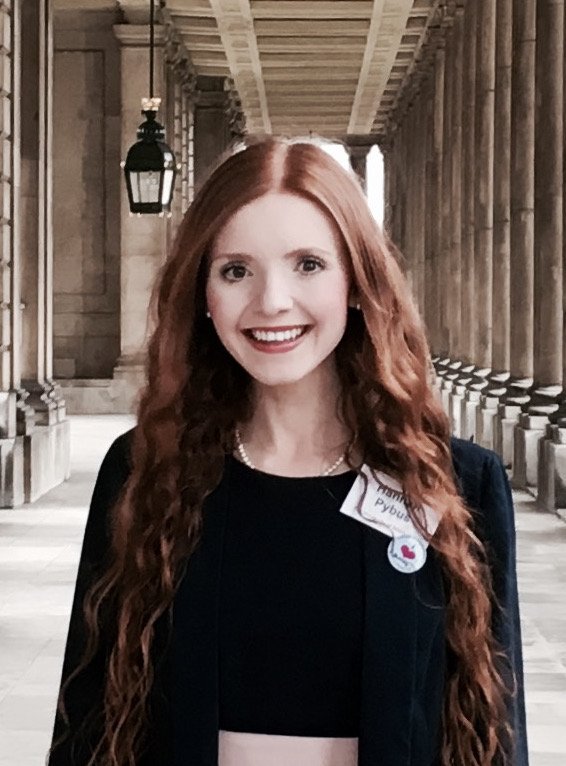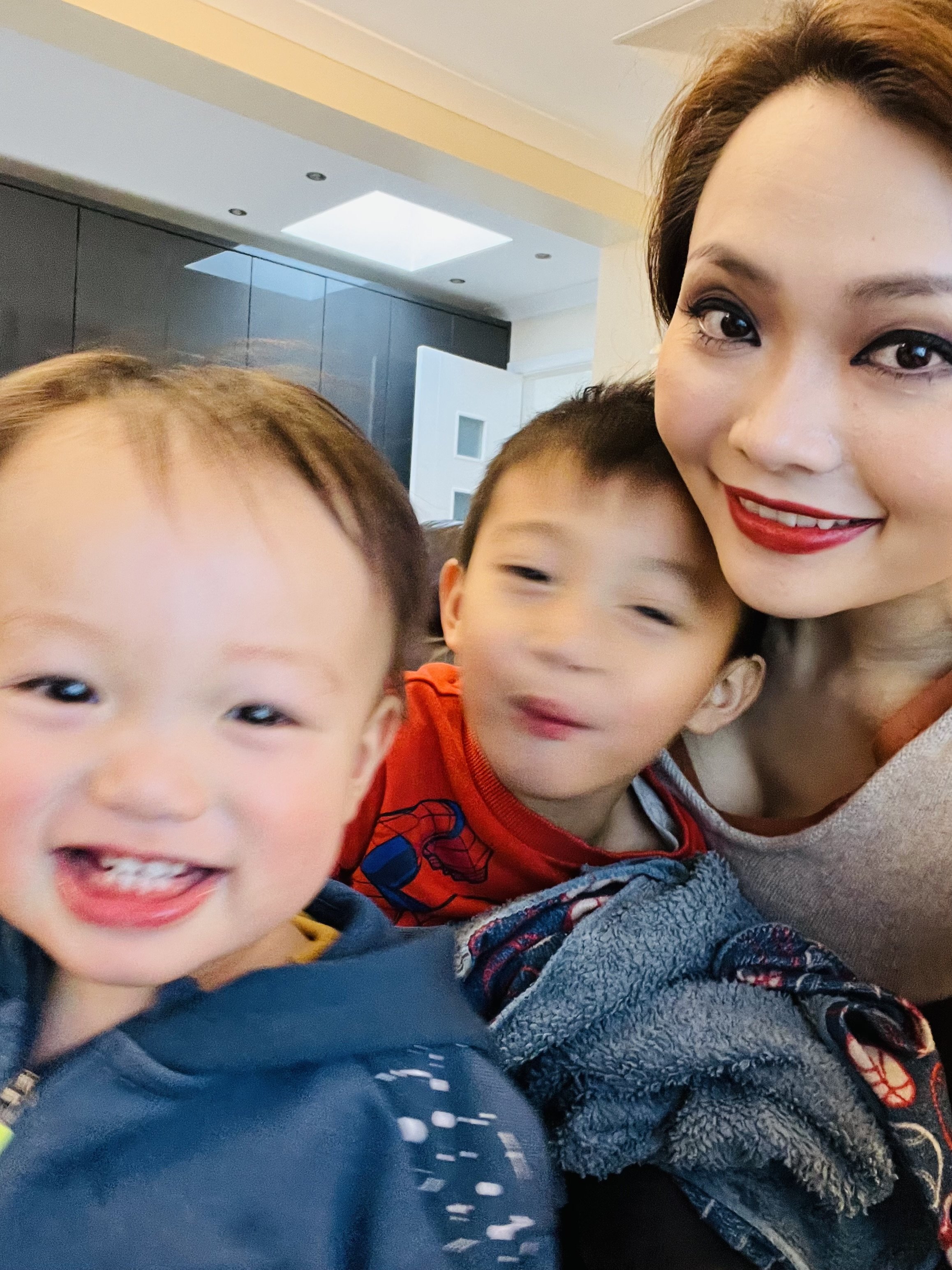International Day of Women and Girls in Science
The International Day of Women and Girls in Science is celebrated every year on the 11 February. Diversity in research is critical in helping solve some of the greatest societal challenges, bringing in new perspectives, talent and creativity. Women and girls play an essential role in science & technology however still face challenges compared to their peers.
As reported by the UN: https://www.un.org/en/observances/women-and-girls-in-science-day
Women are typically given smaller research grants than their male colleagues and, while they represent 33.3% of all researchers, only 12% of members of national science academies are women.
In cutting edge fields such as artificial intelligence, only one in five professionals (22%) is a woman.
Despite a shortage of skills in most of the technological fields driving the Fourth Industrial Revolution, women still account for only 28% of engineering graduates and 40% of graduates in computer science and informatics.
Female researchers tend to have shorter, less well-paid careers. Their work is underrepresented in high-profile journals and they are often passed over for promotion.
We are proud to work with amazing women in our network, working in research to advance understanding and treatment of lung diseases. We asked Dr Mina Kim, Dr Hannah Pybus and Dr Ran Wang about their careers to date including motivations, challenges and advice.
Left: Dr Hannah Pybus (HJP), Imperial College London. Middle: Dr Mina Kim (MK), University College London. Right: Dr Ran Wang (RW) with her two children
What is your education background and current area of research:
HJP: My background is in mathematics. I did an integrated Master’s at The University of Nottingham and stayed to complete a PhD in mathematics, focusing on modelling the activation of cytokines in asthmatic airways. Currently, I am a Postdoctoral Research Associate at Imperial College London, focusing on predicting the development of preschool wheeze and childhood asthma. My work integrates multiple mathematical methods to describe complex disease developments and investigate therapeutic interventions.
MK: I have completed my PhD in medical physics from the University of Minnesota, USA. Currently, I work as a physicist at University College London. My research focuses on improving a medical imaging technique called magnetic resonance imaging (MRI) to help us understand diseases like cancer, multiple sclerosis, and chronic lung diseases (CLDs) better. Specifically, I'm working on new ways to use MRI to find diseases early and keep track of how they change over time in people with CLDs. My ultimate research goal is to develop novel tools contributing to treatments that are customised to each person's specific condition. This could help around 700 million people worldwide who have CLDs.
RW: I am an National Institute for Health and Care Research (NIHR) academic clinical lecturer in respiratory medicine based at the University of Manchester. My research interest has always been in asthma. I hope to improve the diagnosis and management of asthma through my research.
What prompted you to pursue a career as researcher?
HJP: Science fascinates me, and I enjoy utilising a toolkit of mathematical methods in creative ways to benefit medical applications. Ultimately, I aspire to use my mathematical training to make a significant clinical impact.
MK: I have always been curious about how things operate. When I was studying physics during my master's in South Korea, I got the chance to work on a special antenna called a radiofrequency (RF) coil for MRI machines. The RF coil helps the MRI machine send and receive signals to and from the human body. Working on this project showed me how physics can be used in medicine, which was eye-opening. Then, I attended an international MRI conference in Denver, USA, where I presented my RF coil work and met other scientists from all over the world. It made me realise the potential of using advanced MRI methods to understand the body functions and to improve healthcare. That's why I decided to pursue a career in research. I'm excited to use advanced MRI technologies to learn more about diseases and find better ways to detect and treat them.
RW: Ever since I was a medical student, I started to find clinical research extremely rewarding - through a number of small asthma projects I was able to learn new skills and was able to use these skills to generate novel data which may help clinicians to care for patients. Following graduation from medical school, I was determined to pursue a clinical academic career through the integrated clinical academic programmes. I am passionate about research because I believe through clinical research I have the privilege in contributing to the advances in medicine and make a difference to patient care at a population level. I also find learning new skills, gaining knowledge and facing different challenges/puzzles exciting. A career as a researcher means that I encounter these everyday, which is motivating and rewarding.
What achievements (both professional and personal) are you most proud of?
HJP: Completing my PhD was a proud moment, both professionally and personally. It was something I had always wanted to achieve, and I learnt so much along the way.
MK: Professionally, I am proud of the substantial impact my work has made on both the scientific community and clinical research, particularly in enhancing disease detection through functional imaging. One notable achievement was the development of a method during my postdoctoral time at Johns Hopkins University, which is now recognised as a gold standard method in many research groups for cancer imaging. Personally, I take pride in successfully managing my academic career while supporting my family through multiple relocations across three continents and five different countries worldwide.
RW: I have successfully completed my PhD recently and awarded as an NIHR academic clinical lecturer. During my PhD, I was also successfully awarded the NIHR RfPB grant as the joint-lead applicant; I submitted the application 3 weeks following childbirth of my second child.
What have been the biggest challenges during your professional career, if any?
HJP: Following the completion of my PhD, I was going to start a postdoctoral researcher position in Japan; however, due to the COVID-19 pandemic, my arrival was repeatedly postponed on a month-by-month basis. Unfortunately, I was then unable to accept an offered fellowship there. It was a challenge to continue to research during these times of uncertainty.
MK: The biggest challenge in my professional career was taking a 5-year career break to care for my three young children while relocating internationally. It was particularly challenging transitioning back into academia after being a stay-at-home mother. Balancing family responsibilities and career demands, especially during relocations and the recent COVID-19 pandemic, was tough. Adapting to new environments and rebuilding professional networks required resilience and adaptability. Despite the difficulties, overcoming these challenges enriched both my personal and professional growth.
RW: Being a clinical academic AND a mum of two (boys) is not easy. Balancing between family life and the extremely competitive and busy professional career is the biggest challenge which I face nearly everyday. But I am extremely fortunate that I have good support from everyone at work, good mentorship and an extremely caring and supportive family to be able to do this.
What advice would you give to young girls/ women wishing to pursue science/ research?
HJP: Ask why and imagine how, as scientific research needs creative thinkers and new ideas to answer difficult questions. Communicate your ideas and insights and try to feel confident in doing so. Increasing your communication skills helps to explain complex concepts clearly and makes your scientific research more accessible. Finally, and most importantly, you can do it!
MK: Choosing a career in science, especially for women who also want to start a family, can be tough. In academic jobs, you don't just work from 9 to 5 like in an office job. You are always thinking about your projects and how to get funding, which makes it hard to balance work and home life. But having good mentors and colleagues who support and believe in you can make a huge difference. They provide encouragement, helpful advice, and a sense of togetherness. It's like having a great team cheering you on and helping you through tough times. When you're surrounded by people who want you to succeed and share your goals, it makes the journey a lot smoother and more fulfilling.
RW: Getting the right life and work balance is the most important thing. Get a good mentor who can provide you with support and guidance. Never let failure affect you – its something we all have to go through as academics with grant applications failing and papers rejected – but don’t give up – keep going! 😊
Thank you so much to Dr Hannah Pybus, Dr Ran Wang and Dr Mina Kim for taking the time to share their experiences with us.



